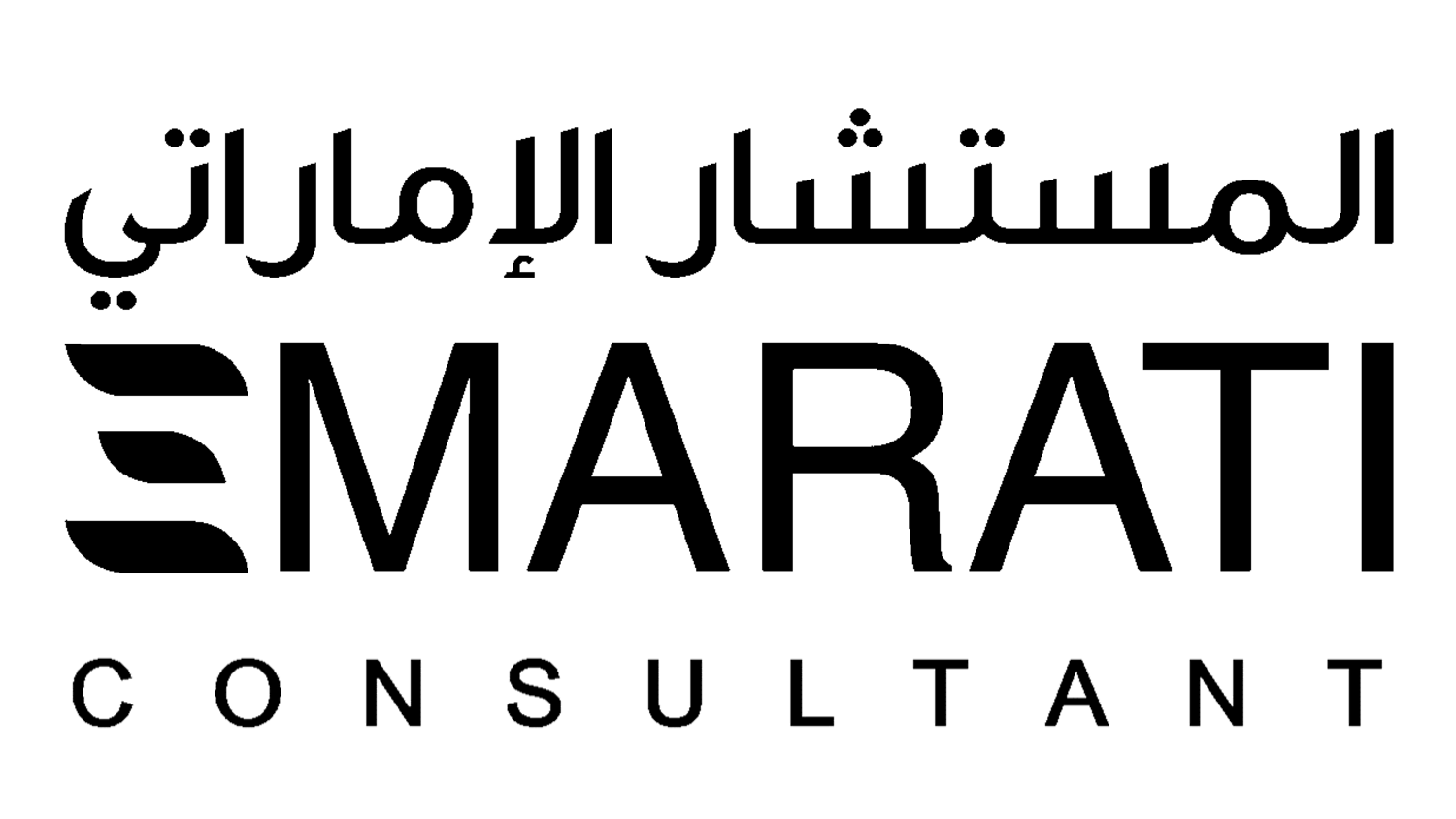Why Choose this Training Course?
This course is designed to introduce you to the transformative potential of blockchain technology in the public sector. As governments around the world seek to enhance transparency, security, and efficiency, blockchain emerges as a promising solution to address these goals. This course will provide you with a comprehensive understanding of how blockchain can be applied to various governmental services, the benefits it offers, and the challenges it presents.
This training course will highlight the following:
- Comprehensive Introduction to Blockchain Technology
- Fundamental Concepts.
- Types of Blockchains.
- Extensive Coverage of Governmental Use Cases
- Identity Management.
- Voting Systems.
- Public Records.
- Supply Chain Management.
- Healthcare Services.
- Analysis of Benefits and Challenges
- Transparency and Accountability.
- Data Security and Privacy.
- Operational Efficiency.
- Implementation Challenges.
- Real-World Case Studies
- Estonia’s E-Government.
- Dubai’s Blockchain Strategy.
- U.S. State Initiatives.
- Global Examples.
- Strategic Planning and Implementation
- Developing Blockchain Strategies.
- Policy and Regulatory Considerations.
- Stakeholder Engagement.
- Implementation Roadmap.
- Interactive and Hands-On Learning
- Hands-On Projects: Practical projects that involve designing and implementing blockchain-based solutions for governmental services.
- Interactive Discussions.
- Quizzes and Assessments.
- Future Trends and Innovations
- Emerging Trends.
- Integration with Other Technologies.
- Access to Expert Knowledge and Resources
- Expert Lectures.
- Comprehensive Resource Materials.
- Case Study Library.
What are the Goals?
- Understand Blockchain Fundamentals: Gain a solid understanding of blockchain technology, its components, and how it works.
- Explore Use Cases in Government: Learn about specific applications of blockchain in various governmental services such as identity management, voting, and public records.
- Analyze Benefits and Challenges: Examine the advantages blockchain offers to the public sector, including enhanced security, transparency, and efficiency, as well as the potential hurdles to its implementation.
- Evaluate Real-World Implementations: Study real-world examples of blockchain applications in government to understand their impact and lessons learned.
- Develop Strategic Insights: Formulate strategies for implementing blockchain solutions in governmental contexts and understand the regulatory and policy considerations involved.
Who is this Training Course for?
1. Government Officials and Public Administrators
- Policy Makers and Regulators: Individuals responsible for developing and implementing government policies and regulations.
- Public Sector Managers: Managers and administrators overseeing various government departments and services.
- IT and Digital Transformation Leaders: Professionals leading digital transformation initiatives within government agencies.
2. Technologists and IT Professionals
- Blockchain Developers and Engineers: Technical experts seeking to apply their blockchain knowledge to governmental projects.
- IT Consultants: Consultants advising government bodies on technology integration and digital transformation.
- System Administrators: Professionals managing IT infrastructure in the public sector.
3. Legal and Compliance Experts
- Legal Advisors: Lawyers and legal consultants specializing in technology and regulatory compliance.
- Compliance Officers: Professionals ensuring that government operations comply with relevant laws and regulations.
4. Academics and Researchers
- University Professors and Lecturers: Educators teaching blockchain, public administration, or related fields.
- Research Scholars: Researchers studying the impact of blockchain technology on public sector services.
5. Business and Technology Consultants
- Management Consultants: Professionals advising government bodies on strategic and operational improvements.
- Technology Consultants: Experts providing insights on emerging technologies and their application in the public sector.
6. Students and Learners
- Graduate and Undergraduate Students: Students pursuing degrees in public administration, political science, information technology, or related fields.
- Lifelong Learners: Individuals with a keen interest in blockchain technology and its potential applications in government.
7. Entrepreneurs and Innovators
- Startup Founders and Entrepreneurs: Individuals looking to create innovative solutions for governmental services using blockchain technology.
- Tech Innovators: Professionals exploring new ways to leverage blockchain for public sector challenges.
8. Civic Tech Enthusiasts
- Civic Tech Activists: Individuals passionate about using technology to improve government transparency, efficiency, and citizen engagement.
- Nonprofit Organizations: NGOs and advocacy groups focusing on governmental reform and digital empowerment.
What are the Course Methodology
- Lectures: Detailed explanations of theoretical concepts and practical applications.
- Case Studies: In-depth analysis of successful blockchain implementations in government.
- Interactive Discussions: Forums and live sessions to discuss ideas and share insights.
- Hands-On Projects: Practical projects to apply blockchain concepts to real-world scenarios.
- Assessments and Quizzes: Regular assessments to test understanding and reinforce learning.
- Introduction to Blockchain Technology
- Overview of Blockchain and Distributed Ledger Technology (DLT)
- Key Components: Blocks, Chains, Nodes, and Consensus Mechanisms
- Public vs. Private Blockchains
- Blockchain Use Cases in Government
- Identity Management: Digital identities, authentication, and secure data sharing
- Voting Systems: Secure and transparent electronic voting
- Public Records: Land registries, birth and death certificates, and academic credentials
- Supply Chain Management: Tracking and verification of goods and services
- Healthcare Services: Secure patient records and data interoperability
- Benefits of Blockchain in Government
- Transparency and Accountability
- Data Security and Privacy
- Operational Efficiency and Cost Reduction
- Citizen Empowerment and Trust
- Challenges and Considerations
- Technical Challenges: Scalability, interoperability, and integration
- Regulatory and Legal Issues: Compliance, data protection, and jurisdictional concerns
- Implementation Barriers: Cost, infrastructure, and stakeholder resistance
- Ethical Considerations: Privacy, inclusivity, and access
- Case Studies and Real-World Implementations
- Estonia’s E-Government and Digital Identity
- Dubai’s Blockchain Strategy
- United States’ Blockchain Pilots in Various States
- Other Global Initiatives
- Strategic Planning and Implementation
- Developing a Blockchain Strategy for Government
- Policy and Regulatory Frameworks
- Stakeholder Engagement and Collaboration
- Implementation Roadmap and Best Practices
- Future Trends and Innovations
- Emerging Trends in Blockchain Technology
- Potential Future Applications in Government
- The Role of Emerging Technologies (AI, IoT) in Enhancing Blockchain Solutions.
Session 1: 11:00-12:30 Dubai [UTC/GMT +4]
Break : 12:30 – 13:00 Dubai [UTC/GMT +4]
Session 2: 13:00 – 14:30 Dubai [UTC/GMT +4]
Certificate of Completion for delegates who attend and complete the course
COURSE REGISTRATION
Kindly email info@emaratic.com for registration or call +971 43 34 6009 for assistance
WANT TO KNOW MORE
Our Training Platforms

Digital Learning

Virtual Learning

Instructor-Led Learning

Blended Learning


